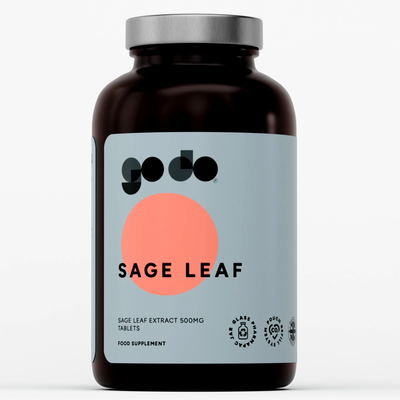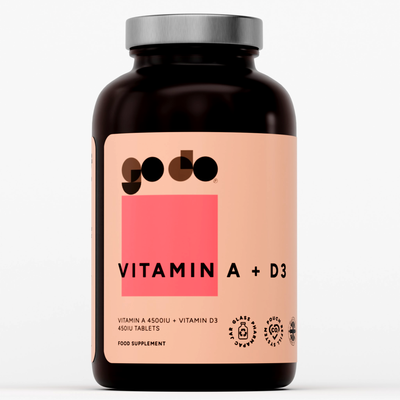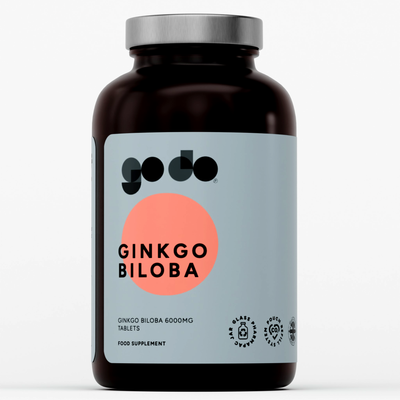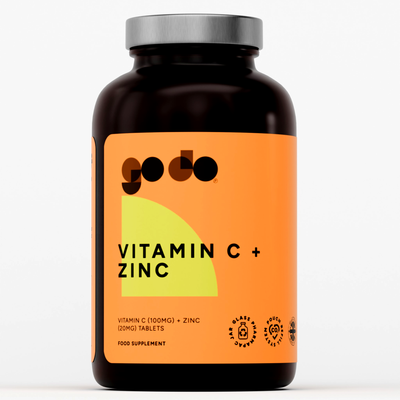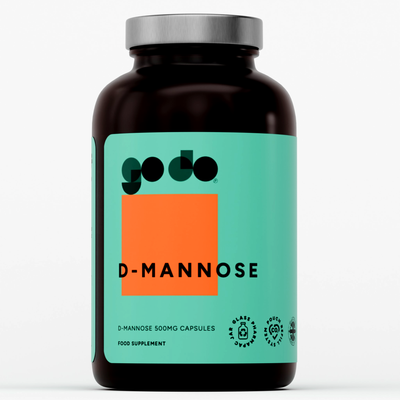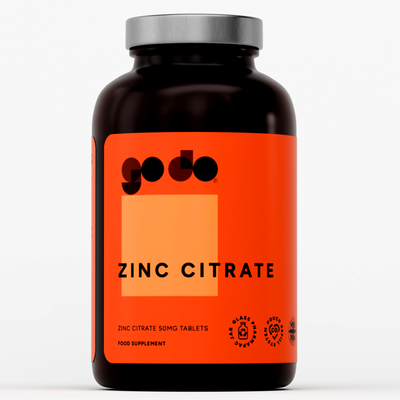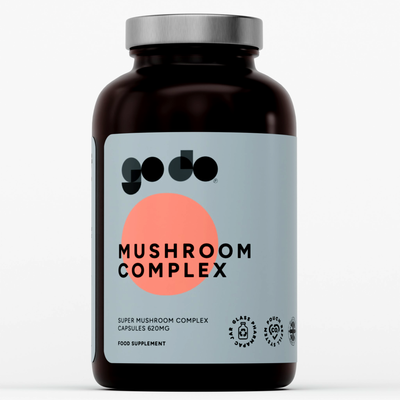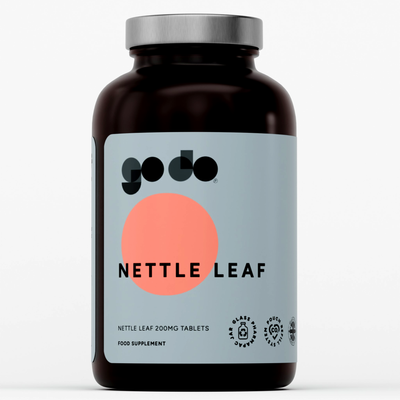Beta-carotene slows down cognitive decline
Have you ever noticed the red and orange color in fruits and vegetables? Well that is Beta-carotene.
Beta-carotene is the red/orange pigment found in many colorful vegetables like carrots.
The name is derived from the Latin word for carrot.
Beta-carotene was discovered bythe scientist H. Wackenroder in 1831 who crystallized his from carrots.
Beta carotene is an antioxidant that is converted into vitamin A and plays a very important role in health but it has its limitations as well.
What is cognitive decline?
Cognitive decline is when a person has difficulty remembering, learning and making decisions that play an active role in their daily life.
Beta-carotene advantages and impact on Cognitive Decline:
- It has been a debate whether beta-carotene actually repairs or slows down the cognitive decline. One study has shown that it actually does.
It is said that the oxidative stress, that is, an imbalance of free radicals (oxygen species) and antioxidants in the body cause the aging of the brain hence cognitive decline
- In 1982, research showed the effects of beta-carotene supplements on men over the age of 65 desirable impact. Although it didn’t have a dramatic effect, the intake of the supplement for a year showed an improvement in cognition and verbal memory.
- The patients who had taken beta-carotene for almost 18 years showed significant results thus it was said that long term use of beta-carotene did infact slow down the decline of mental capacities.
- Beta-carotene is present in both fruits and vegetables, particularly in carrots, broccoli, apricots and mangoes. The interesting part is that this antioxidant mutates into Vitamin A when it enters out body.
- It also plays a vital role in maintaining vision, reproductive system and boosts the immune system. Some researchers have said beta carotene can reduce the impact of by 25%. It also lowers risk of cancer like breast, stomach and prostate cancer. It lowers heart disease as well.
- Beta-carotene is known for its significant affect on skin. It is known to prevent skin damage and invests in your skin maintenance. This is because of its antioxidant elements. It is also said that Carotene reduces sun sensitivity for many people.
Disadvantage of beta-carotene:
- Excess of everything is bad whether its multi-vitamins or exercise. Crossing the limitations of your body it extremely harmful. Same goes for beta-carotene as well. Taking big doses of it can be toxic. Although your body converts Beta-carotene as much as it needs, it can be dangerous for people who are chain smokers.
- Supplementing beta-carotene may risk in an increase in lung cancer for the smokers and those who have asbestosis (a lung disease that develops when asbestos fibers damage your lungs.
- In 2008, a review showed that significant intake of supplementary beta-carotene increased the risk of lung cancer in just 18 months.
Foods rich in beta-carotene:
- Carrots
- Red and yellow peppers
- Peas
- Broccoli
- Cantaloupe
- Kale
- Spinach
- Sweet potatoes
- Apricots
- Lettuce
- Peach
Conclusion:
Vitamins of all sorts are extremely important in our body’s functioning and keeping it healthy and protected from diseases.
Beta-carotene is advised to be taken in its natural way that is, not from supplementary means. Natural intake isnt harmful and does not involve the risk of cancer and heart disease. Be aware of what you choose to put inside your body and consult your physician regularly.
Enjoy a blend of carrot and ginger or spice up your meal with Vitamin A rich herbs and vegetables and provide your body the boost it needs.
